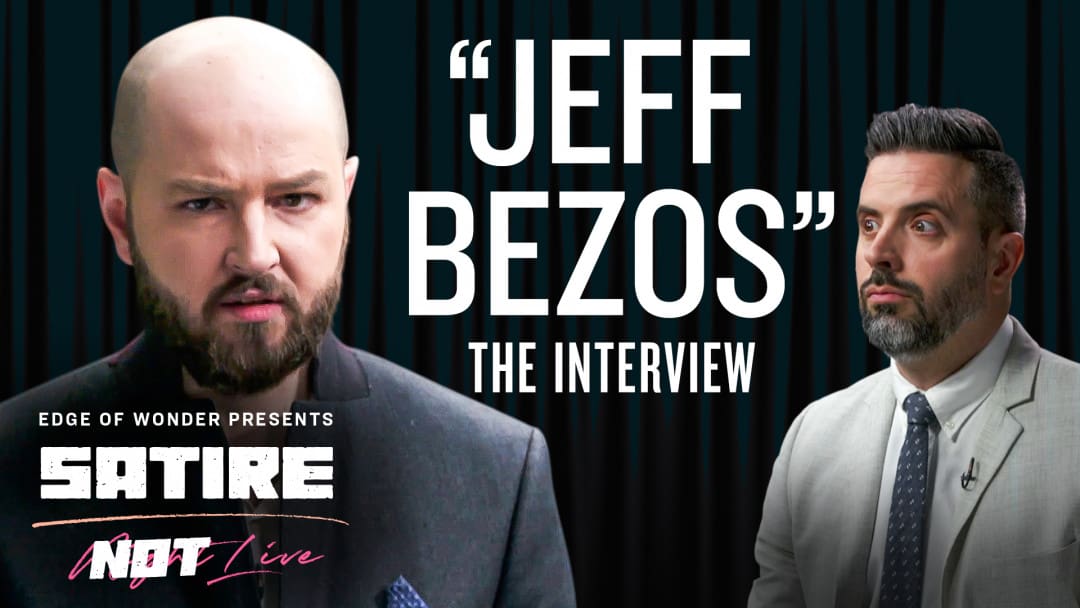
Washington Post Cartoonist Departs Amid Quashed Bezos Satire
Introduction
The recent departure of Washington Post cartoonist Ann Telnaes has sparked a heated debate about the limits of satire and the role of the media in scrutinizing powerful figures. Telnaes left the Post after her editor quashed a cartoon featuring Amazon founder Jeff Bezos and his girlfriend, Lauren Sanchez, in a compromising position. The incident underscores the complexities of media censorship, the right to free speech, and the responsibility of journalists to act as watchdogs.
Telnaes' Controversial Cartoon
The quashed cartoon depicted Bezos and Sanchez engaged in an act of oral sex while Bezos urinated on a sleeping homeless man. Telnaes defended the cartoon as a satirical critique of Bezos' wealth and alleged hypocrisy on issues of poverty and worker exploitation. She argued that the cartoon was protected by the First Amendment and that it was the job of cartoonists to push boundaries and hold the powerful accountable.
Arguments in Favor of Publishing the Cartoon
Those who support Telnaes' decision to publish the cartoon argue that it was a legitimate exercise of free speech and a necessary form of political satire. They contend that the First Amendment protects even offensive and provocative speech and that cartoonists have a unique role to play in challenging authority and exposing hypocrisy. Furthermore, they argue that Bezos, as a public figure, should be subject to critical scrutiny, even if it takes the form of satire.
Arguments Against Publishing the Cartoon
Opponents of Telnaes' cartoon argue that it was offensive, tasteless, and gratuitous. They argue that it crossed the line between legitimate satire and personal attacks. They also contend that it was in poor taste to depict real people in such a degrading way and that it was inappropriate for the Post to publish such a cartoon given Bezos' ownership of the paper.
Censorship and the Responsibility of the Media
The quashing of Telnaes' cartoon raises questions about the role of editors and the extent to which they should censor content. Some argue that editors have a responsibility to protect readers from offensive and harmful material. Others argue that editors should err on the side of free speech and that they should not interfere with the work of cartoonists and other creative professionals.
Conclusion
The departure of Ann Telnaes from the Washington Post is a complex and multifaceted issue that touches on issues of free speech, censorship, and the role of the media. It is a reminder that the line between legitimate satire and offensive mockery can be a thin one and that the decision of whether or not to publish controversial material is never easy. Ultimately, it is up to each individual to decide whether or not they believe Telnaes' cartoon was appropriate and whether or not the Post was right to quash it.
References

0 Comments: